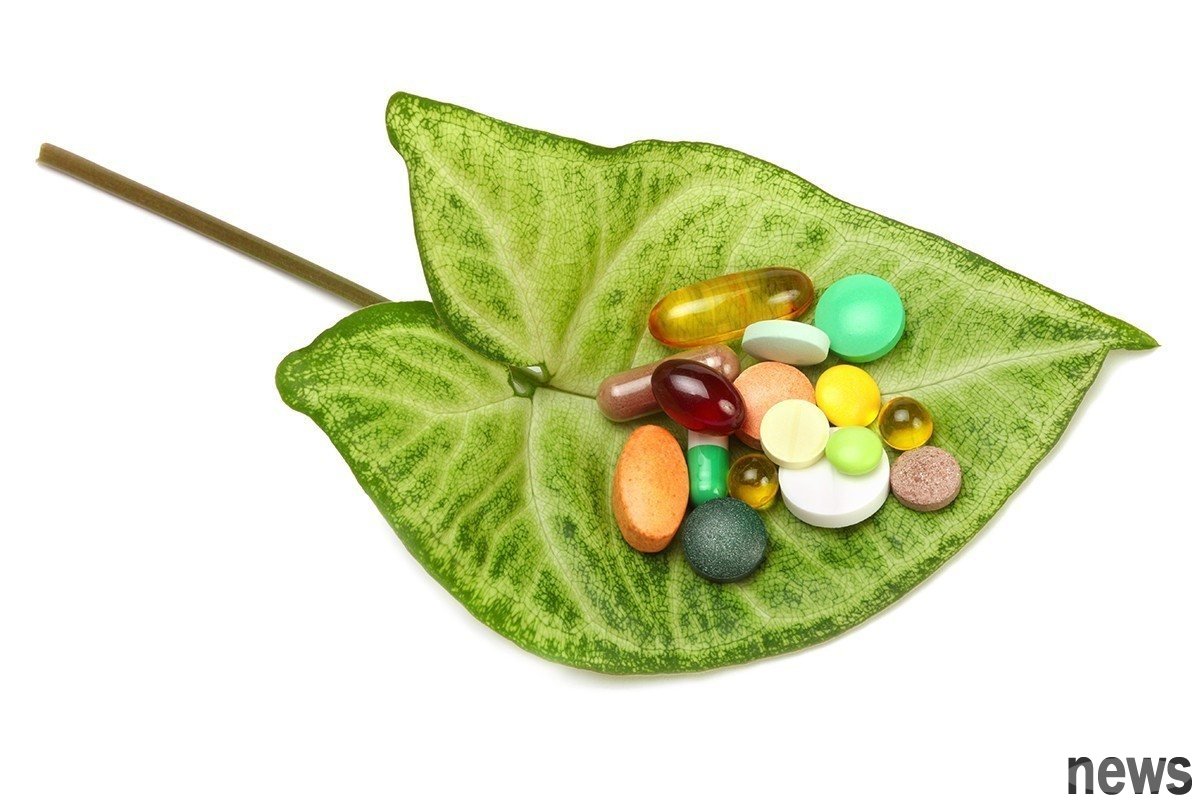
Nutritional supplement —— Food made from purely processed or processed from chemical synthetic or extracted from natural plants as raw materials, as "nutrient supplement &rdquo" included in health food management, and needs to be registered.
Nowadays, more and more people prefer to use nutritional supplements as a supplement, so how should we use it?
JAMA published the topic “Vitamin and Mineral Supplements: What Clinicians Need to Know” commentary articles, discussions on the rational use of nutrient supplements, and general suggestions and views for different groups of people.
Replenishment or not?
How to supplement nutrition supplements?
How to evaluate the effect and master the dose? Is overdose harmful?
Many consumers have this question, and some basal-level young nutritionists with different positions are also prone to being unable to balance diet and supplement relationships.
Author JoAnn Professor Manson comes from the Department of Preventive Medicine at Harvard Medical School. This article emphasizes the facts and suggestions about vitamins and minerals that clinical doctors should know.
In the United States, there are more than 90,000 products in the dietary supplement market, with a value of About $30 billion. Recent surveys show that 52% of U.S. adults use at least one supplement product and 10% use at least four products. Vitamins and minerals are the most popular supplements, in order to maintain health and prevent disease, The proportion of adults taking vitamins and minerals is 48% and 39% respectively.
However, random clinical trials of most vitamins and mineral supplements did not show a clear benefit for primary or secondary prevention of chronic diseases related to non-nutrition deficiency. On the contrary, some trials showed that some trace nutrients (such as β huscarin, leaf acid, vitamin E or selenium) were supplemented beyond the recommended dietary reference intake. May be harmful to health, including increased mortality, cancer and hemorrhagic media.

Reminder
· Replenishings are not a substitute for a healthy and balanced diet;
· Obtaining vitamins and minerals from food has more benefits than obtaining vitamins and minerals from supplements.
Benefits of obtaining vitamins and minerals from foodsThe trace nutrients in foods are usually better absorbed by the body and have fewer potential side effects;
Healthy diets provide an optimal range of nutrients, which are different from supplements of compounds separated from highly concentrated forms;
In fact, more research shows that diet patterns and specific food types are more closely related to health than single trace nutrients or nutrient intakes.
Although ordinary people do not recommend that trace nutrients be supplemented regularly, high-risk people may still need to have a positive supplement because the nutritional needs of these people may not be met by diet alone, including those at specific life stages and those with specific risk factors.

Pregnant women, women who are pregnant or in the first three months of pregnancy should take enough leaf acid (0.4~0.8mg/d) to prevent neuronal tube defects;
Multiple vitamins/multiple mineral supplements before delivery can supplement leaf acid and vitamin D and many other essential trace nutrients;
Pregnant women should also eat iron-rich diets, and supplementation can reduce hypertension and prenatal symptoms during pregnancy, but large-scale trials are required for verification. In addition, the effect of using high-dose vitamin D supplements during pregnancy should be worth further research and investigation.
Baby and children, the American Science Council recommends that fully or partially breastfed babies should be supplemented with vitamin D (400 IU/d) shortly after birth until they are cut off and vitamin D-strengthening whole milk (1L/d); they are receiving supplementary iron (1mg/kg/d) from April until they can consume more abundant iron-rich foods (usually after 6 months).
Babies who eat formula milk usually do not need additional supplements because formula milk will strengthen vitamin D and iron; for healthy children with balanced diets, there is no need to supplement multiple vitamins/mini supplements, and trace nutrients should be avoided from being incorporated in excess of recommended nutritional reference standards.
Middle-aged and elderly people, adults over 50 years old may not be able to fully absorb vitamin B12, and they need to consume vitamin B12 strengthening foods or supplements to fill RDA (2.4μ g/d);
Regarding vitamin D, it is recommended that adults under 70 years old consume 600 IU/d and those over 70 years old consume 800 IU/d to maintain bone health. Some professional organizations recommend 1,000 to 2,000 a day. IU, but there is still a dispute over whether vitamin D supplementation exceeds the RDA or above doses; considering the recent concern that calcin supplementation may increase the risk of kidney stones and cardiovascular disease, it is recommended to eat mainly calcin-rich diets. Only when the RDA goal is not met, the calcin-replenishing method is adopted (usually only 500mg/d is required).
A recent meta-analysis shows that for the elderly, women and men over 65, supplementing with appropriate calcium (
Finally, for general healthy adults, it is not recommended to supplement multiple vitamins/multiple minerals.
This article is excerpted from Popular Science China: Forensic Pool | Do you need to replace food with nutrient supplements?